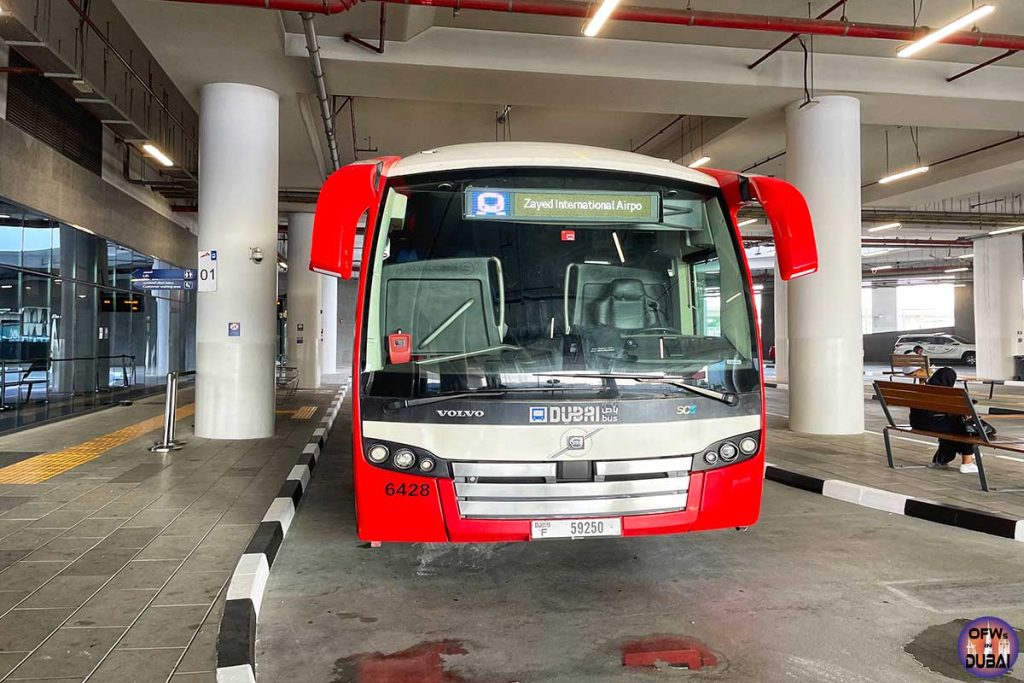
Living here in Dubai for many years, my wife and I have encountered unexpected situations more times than we can count. From sudden medical expenses to urgent family needs back home, our emergency fund has saved us countless times. As an Overseas Filipino Worker (OFW), building an emergency fund isn’t just a financial recommendation—it’s a necessity. Here’s why creating this safety net is essential for every OFW and how it can protect you from life’s uncertainties.
What Is an Emergency Fund?
An emergency fund is a dedicated amount of money set aside to cover unexpected expenses, such as medical emergencies, job loss, family crises, or urgent repairs. Unlike savings for travel or big purchases, an emergency fund is meant solely for unplanned events. It should be easily accessible and ideally kept in a separate account from your regular savings or daily expenses.
Why Is It Crucial for OFWs?
OFWs face unique financial challenges that make having an emergency fund essential:
1. Job Instability
While working abroad offers better job opportunities, job security isn’t always guaranteed. Some OFWs face contract terminations, changes in labor laws, or company layoffs. Having an emergency fund ensures you have enough money to cover your living expenses while looking for new opportunities, reducing the stress of sudden unemployment.
Related: Employment Contracts in the UAE: What You Need to Know
2. Unforeseen Family Needs
Being away from your family doesn’t stop emergencies from happening back home. Whether it’s medical expenses, family repairs, or urgent remittances, having an emergency fund allows you to help without destabilizing your financial situation.
3. Medical Emergencies
Health problems can occur unexpectedly, especially when working in another country. While many OFWs have health insurance, it may not cover all medical expenses or may come with limitations. Your emergency fund can serve as a financial buffer, covering costs not covered by insurance.
4. Repatriation Costs
Repatriation, whether voluntary or due to unforeseen circumstances, can be expensive. Whether you need to go home for a family emergency, personal reasons, or are being sent home due to job loss, having funds saved can cover airfare, travel costs, and help ease the transition back home.

Also Read: Cost of Living in Dubai for OFWs: A Comprehensive Guide
How to Build an Emergency Fund
Now that we understand why it’s important, here are steps on how to start building your emergency fund:
1. Set a Savings Goal
Aim to save at least 3 to 6 months’ worth of living expenses. For example, if your monthly expenses are AED 3,000, aim to save between AED 9,000 and AED 18,000. This will give you enough breathing room to handle any sudden changes.
2. Start Small, Stay Consistent
Building an emergency fund doesn’t happen overnight. Start by setting aside a small portion of your salary each month. Even saving AED 500 monthly can make a difference over time. The key is consistency.
3. Automate Your Savings
Set up an automatic transfer from your salary account to a separate savings account dedicated to your emergency fund. This way, you won’t be tempted to spend it, and your savings will grow steadily without effort.
4. Cut Back on Non-Essentials
Review your monthly expenses and see where you can cut back. Do you really need that expensive coffee every day or frequent dining out? Redirecting small amounts to your emergency fund can accelerate your savings. If you’re living in Dubai, there are many practical tips for how to save in Dubai.
5. Avoid Tapping into It for Non-Emergencies
It’s tempting to dip into your emergency fund for wants like vacations or gadgets, but remember its purpose—it’s your financial safety net. Only use it when a real emergency arises.

Also Read: Digital Banks with High-Yield Interest in the Philippines (2025)
Benefits of Having an Emergency Fund
1. Financial Peace of Mind
With an emergency fund, you’ll have the confidence of knowing that you’re prepared for whatever life throws your way, reducing stress and anxiety about the future.
2. Avoid Debt
Instead of relying on credit cards or loans during a financial emergency, you can turn to your emergency fund. This prevents you from falling into debt or paying high-interest rates on borrowed money.
3. Stay on Track with Long-Term Goals
Without an emergency fund, unexpected expenses can derail your long-term financial goals, such as saving for a house, investing, or sending your kids to school. With a financial cushion, you can handle emergencies without sacrificing your future.
Why Many OFWs Struggle Financially
Unfortunately, many OFWs return home without savings despite years of hard work. Poor financial management, lack of planning, and failing to build an emergency fund are common reasons. This is why financial literacy is key to avoiding common pitfalls. Check out Why Many OFWs Remain Poor After Returning Home for Good to understand the challenges and how you can avoid them.
Related: How to Be a Successful OFW in Dubai
Conclusion
For OFWs, building an emergency fund is one of the smartest financial moves you can make. It protects you from the uncertainties of life and ensures that you’re prepared for any financial challenges, whether at home or abroad. Start small, stay committed, and prioritize this safety net to achieve financial peace of mind while working overseas. You can also improve your financial knowledge with financial literacy resources that will help you make better money decisions.











